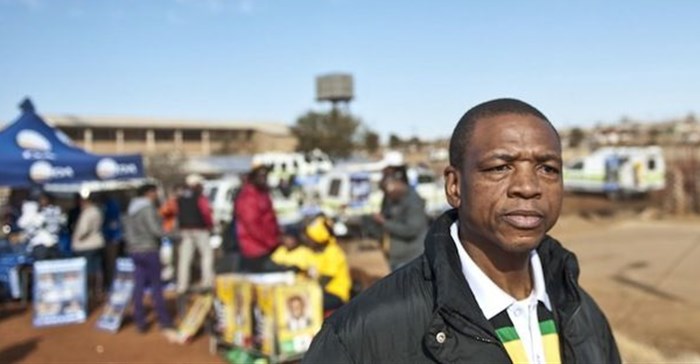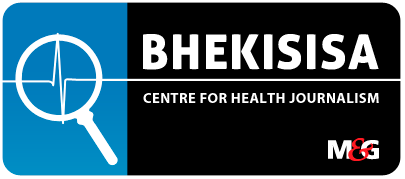
Top stories






More news


Marketing & Media
Ads are coming to AI. Does that really have to be such a bad thing?














Some health workers are refusing to work in the absence of security guards after contracted security companies recently withdrew their services from hospitals and clinics across the province.
Earlier this week, nurses stormed out and refused to work in some wards with without guards present. Later, one administrative staff member reported seeing three midwives left to oversee 48 women in labour.
One doctor alleged on Twitter that in the absence of guards, a man had entered the provincial hospital with a gun.
The department has not paid security companies for at least three months because of a backlog in payments.
Fearing for their safety, nursing staff at community healthcare centres — which should provide 24-hour care — are now only operating until nightfall, according to Democratic Nursing Organisation of South Africa provincial secretary Motlalepule Ramafoko.
“Remember that we have a history of nurses and health workers being attacked, so they cannot risk working during the night without security,” she says.
But this is likely to burden the nearby Mafikeng Provincial Hospital, which is already taking strain Ramafoko warns.
“The challenge here is that when clinics are not operating at night, it means that there is a higher influx of patients in [hospital] sections like maternity and casualty wards, with less staff members.”
Recently, hospital workers were told that their overtime would be limited, leaving many shifts severely understaffed.
“There’s a staffing crisis,” one clinician told Bhekisisa this week. He and others spoke on condition of anonymity out of fear of losing their jobs. They revealed how the new regulations have left many shifts severely understaffed.
“Shifts are running almost on a skeleton staff of two nurses for an entire ward,” he says.
The province’s woes come less than three months after widespread strikes over government corruption and massive medicine shortages crippled the provincial health system. Although violent protests eventually subsided after the resignation of then premier Supra Mahumapelo, the South African Military Health Service had to be deployed to Mafikeng Provincial Hospital because many health personnel stayed away from work. The army withdrew from the facility last week. President Cyril Ramaphosa initiated an inter-ministerial committee task team, which included Health Minister Aaron Motsoaledi, in response to the turmoil.
At the time of publishing, the national health department did not respond to Bhekisisa’s questions.
Now, allegations of new medicine and equipment shortages have rocked the province. Nurses report having to use adult-sized needles on babies and doctors say drug shortages are hampering care.
“We are prescribing medication based on what the pharmacy has, and not what indicated for the patient’s specific condition,” a doctor told Bhekisisa.
The North West health department admits that suppliers have stopped to provide it with medicine and equipment until they have been paid.
Lekgethwane says the department has begun processing payments and expects companies to deliver some stock to Mafikeng Provincial Hospital by Friday.
“The province struggled to recover from the [recent] labour action to normalise pharmaceutical supply,” he says.
Meanwhile, security services are expected to be back in health facilities this Saturday following successful negotiations between the department, firms and unions.
At Mafikeng Provincial Hospital, workers continue to battle bad working conditions and low morale, one nurse says.
“You come to work every morning, and you are quite demotivated. You are basically working with one hand tied behind your back. Not having equipment means you have to work 50% harder to do a simple task.”

This article was originally published by Bhekisisa, the Mail & Guardian’s Centre for Health Journalism. To read more
health stories from across Africa, go to bhekisisa.org